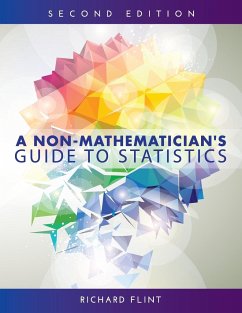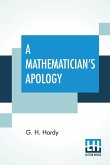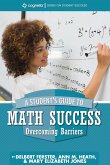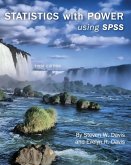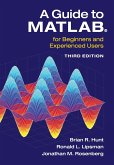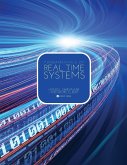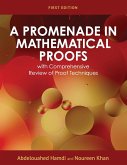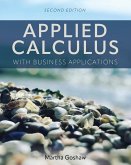Designed to put statistics within reach of those who do not have strong mathematical backgrounds, A Non-Mathematician's Guide to Statistics is a friendly, conversational introductory textbook. The information, sample problems, and practice tests are ideal for those in any field that collects and processes data without requiring mathematical skills beyond algebra. Emphasizing discussion, demonstration, and illustration, the book gives clear, understandable information that helps students answer questions such as "What is a standard deviation?" "Why would someone prefer regression to ANOVA?" and "How do you actually use Bayes' Theorem?" The material is organized into four chapters that cover descriptive statistics, estimation and hypothesis testing, regression, and discrete probability. Each chapter includes suggestions for further reading, a glossary, and class-tested mock examinations. A Non-Mathematician's Guide to Statistics is an excellent teaching tool for any statistics course that emphasizes the practical, workplace use of statistics skills. Richard Flint studied mathematics and theology at the University of Notre Dame, statistics at Cornell University, and public policy and The University of Chicago. Now a faculty member at the College of DuPage in Illinois, he has taught courses in statistics, calculus, college algebra, programming, and computer applications for 30 years.
Bitte wählen Sie Ihr Anliegen aus.
Rechnungen
Retourenschein anfordern
Bestellstatus
Storno

